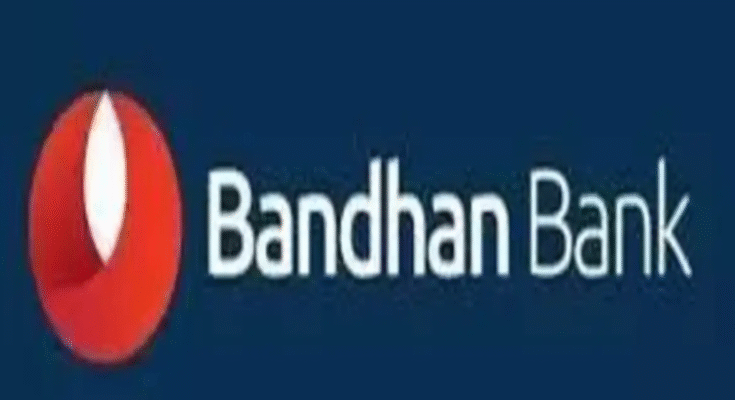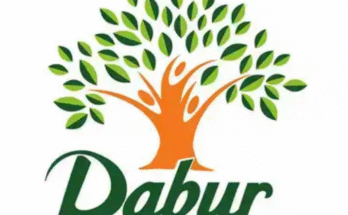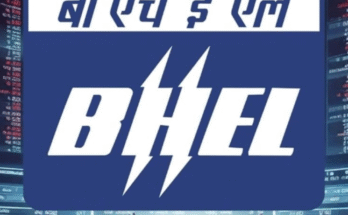Bandhan Bank Share Price Analysis:
Bandhan Bank Limited is one of India’s leading private sector banks, known for its focus on microfinance and small borrowers. Over the years, it has expanded from a microfinance institution to a full-fledged bank serving millions of customers across the country. The share price of Bandhan Bank has seen many fluctuations due to changing market sentiments, regulatory changes, and the overall performance of the banking sector. This article provides a detailed overview of Bandhan Bank’s share price performance, growth prospects, financial stability, and future outlook.
Overview of Bandhan Bank:
Bandhan Bank was established in 2015 after receiving approval from the Reserve Bank of India (RBI) to operate as a universal bank. It originated from Bandhan Financial Services Limited, a microfinance institution founded in 2001 by Chandra Shekhar Ghosh in Kolkata. The bank’s primary mission was to provide affordable financial services to underbanked and unbanked sections of society, especially in rural and semi-urban India.
Since its inception, Bandhan Bank has expanded rapidly with a wide branch network across India. It offers various products, including savings and current accounts, loans, insurance, and digital banking services. The bank’s focus on financial inclusion has made it a popular choice among small entrepreneurs, women borrowers, and rural households.

Bandhan Bank Share Price Performance:
Bandhan Bank was listed on the stock exchanges in March 2018 with an initial public offering (IPO) at ₹375 per share. The IPO was highly successful, and the stock was listed at a premium. Initially, the share price performed well, reaching highs above ₹600 in its early years, driven by strong financial results and investor confidence in its microfinance model.
However, in later years, Bandhan Bank’s share price witnessed significant volatility due to various challenges. Issues such as high exposure to microfinance loans, regional economic disruptions, and regulatory changes affected the bank’s profitability and asset quality. The COVID-19 pandemic in 2020 also had a strong impact, as many small borrowers struggled to repay loans, leading to higher non-performing assets (NPAs).
As of 2025, Bandhan Bank’s share price generally trades between ₹180 to ₹230 range on the National Stock Exchange (NSE). The recovery in share price has been gradual as the bank strengthens its loan book, diversifies its business, and focuses on improving asset quality.
For more info:https://www.zeebiz.com/market-news/news-bandhan-bank-shares-tumble-post-weak-q2-show-heres-what-brokerages-suggest-382144
Factors Influencing Bandhan Bank’s Share Price:
1. Asset Quality and NPAs:
One of the most crucial factors affecting Bandhan Bank’s share price is its asset quality. Being heavily exposed to microloans, any disruption in income among small borrowers directly impacts repayment rates. When NPAs rise, investor confidence tends to fall, leading to pressure on the share price. In recent quarters, the bank has made efforts to reduce NPAs by improving credit monitoring and diversifying its loan portfolio.
2. Regulatory Environment:
Bandhan Bank’s operations are regulated by the RBI. Any changes in microfinance lending norms, interest rate guidelines, or priority sector lending policies can influence the bank’s profitability and share price. For instance, past restrictions imposed on the bank’s promoter shareholding impacted investor sentiment for a while.
3. Interest Rate Movements:
The Reserve Bank of India’s monetary policy plays a key role in the bank’s earnings. Rising interest rates can increase funding costs, while falling rates may boost loan growth but reduce margins. The net interest margin (NIM) is a critical indicator of profitability, and fluctuations here often affect stock valuation.
4. Financial Performance:
Quarterly earnings reports have a direct impact on the stock price. Strong profit growth, stable margins, and a healthy balance sheet usually lead to a rise in share prices. Investors closely monitor metrics like return on assets (ROA), return on equity (ROE), and cost-to-income ratio to gauge performance.
5. Market Sentiment:
Like other banking stocks, Bandhan Bank’s share price also depends on broader market trends. Bullish trends in the banking sector or positive economic indicators can lead to buying interest in the stock. Conversely, market corrections or financial instability can push prices downward.
Financial Highlights:
Bandhan Bank has maintained a strong deposit base, supported by its large customer network and trust among rural households. As of FY2024–25, the bank reported growth in deposits and advances. The CASA (Current Account Savings Account) ratio remains healthy, indicating strong liquidity. Despite some pressure on asset quality, the bank’s capital adequacy ratio (CAR) remains above regulatory requirements, showing financial strength.
The bank has also diversified its product portfolio, expanding into housing loans, SME financing, and retail loans, reducing dependence on microloans. Digital banking initiatives have improved customer engagement and cost efficiency.
Future Growth Prospects:
The long-term growth outlook for Bandhan Bank remains positive. India’s push towards financial inclusion, rural development, and digital finance offers strong opportunities for the bank to expand its footprint. The management’s focus on balancing the loan portfolio and reducing regional concentration will help stabilize earnings.
Furthermore, Bandhan Bank’s strong brand presence and customer base provide a foundation for sustainable growth. The bank is investing in technology and digital transformation to enhance efficiency and offer better customer experiences. Over time, these steps are expected to strengthen profitability and potentially drive the share price higher.
Investor Perspective:
For investors, Bandhan Bank represents a mix of risk and opportunity. While it faces challenges like asset quality issues and competition from other private banks, it also offers potential for long-term value creation due to its strong retail focus and growing presence in underpenetrated markets.
Analysts suggest that the stock could see gradual improvement as the bank continues to stabilize its loan portfolio and improve profitability. Long-term investors looking for exposure to India’s growing financial inclusion story may consider Bandhan Bank as part of a diversified portfolio.
Click Here: https://meyka.com/blog/bandhan-bank-share-q2-results-show-strong-deal-wins-and-record-pipeline/
Conclusion:
Bandhan Bank has evolved from a microfinance institution into a major private sector bank with a strong social mission and growing financial strength. Although the share price has experienced ups and downs, the long-term fundamentals of the bank remain solid. With continued focus on improving asset quality, diversifying lending operations, and adopting technology, Bandhan Bank has the potential to deliver strong performance in the coming years.




